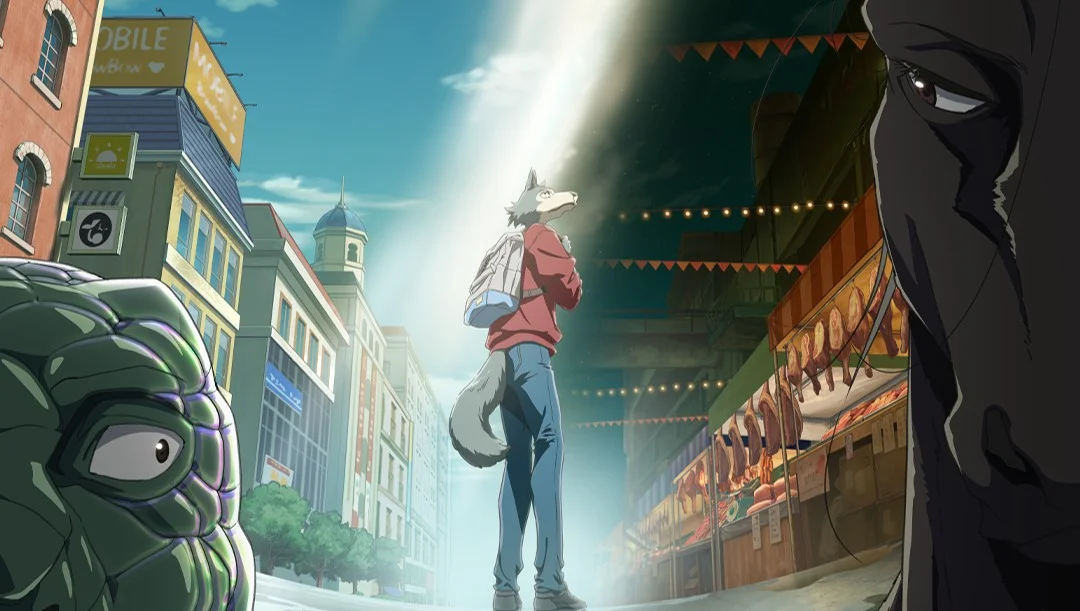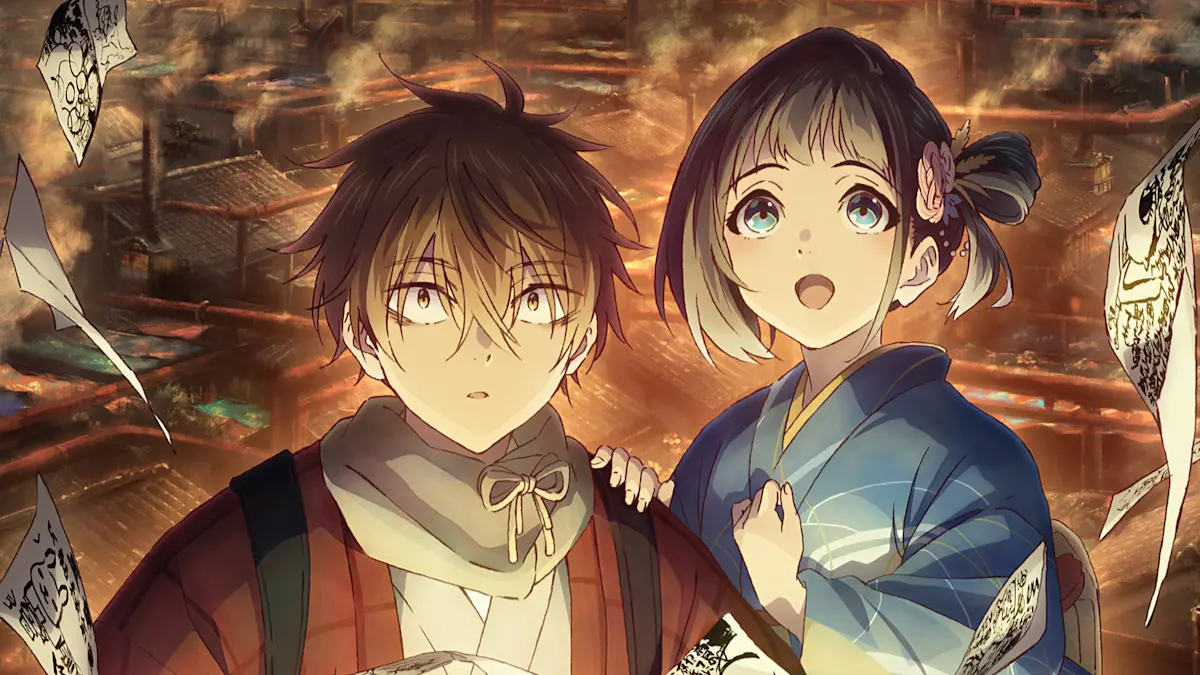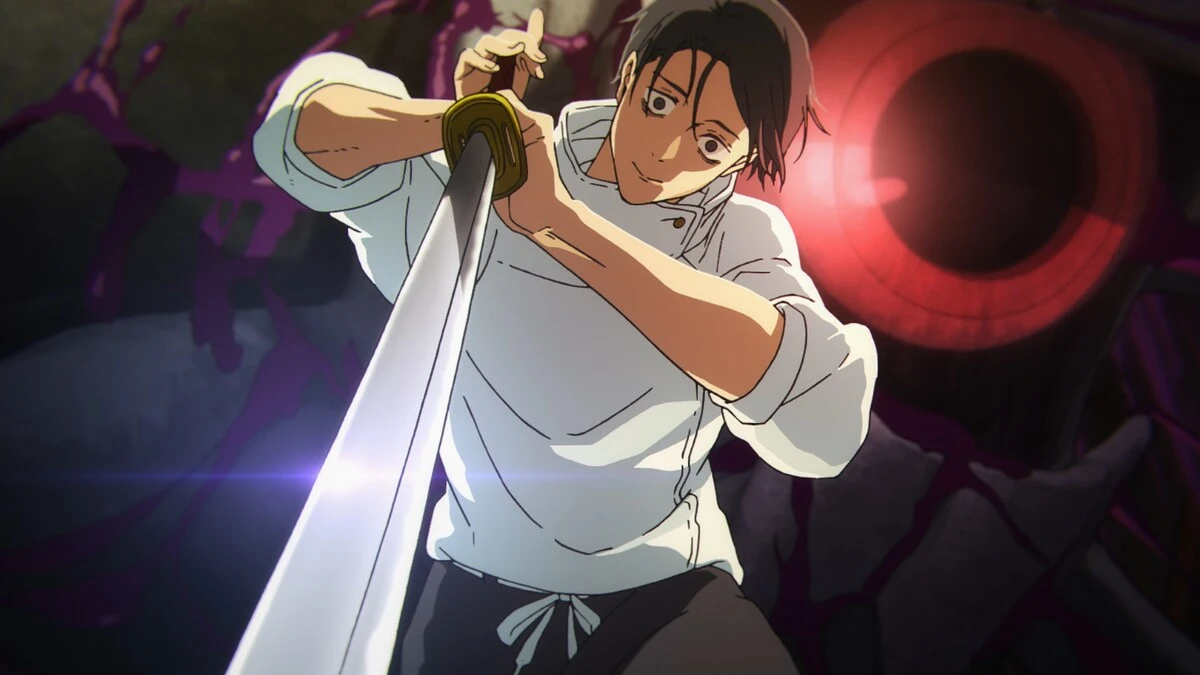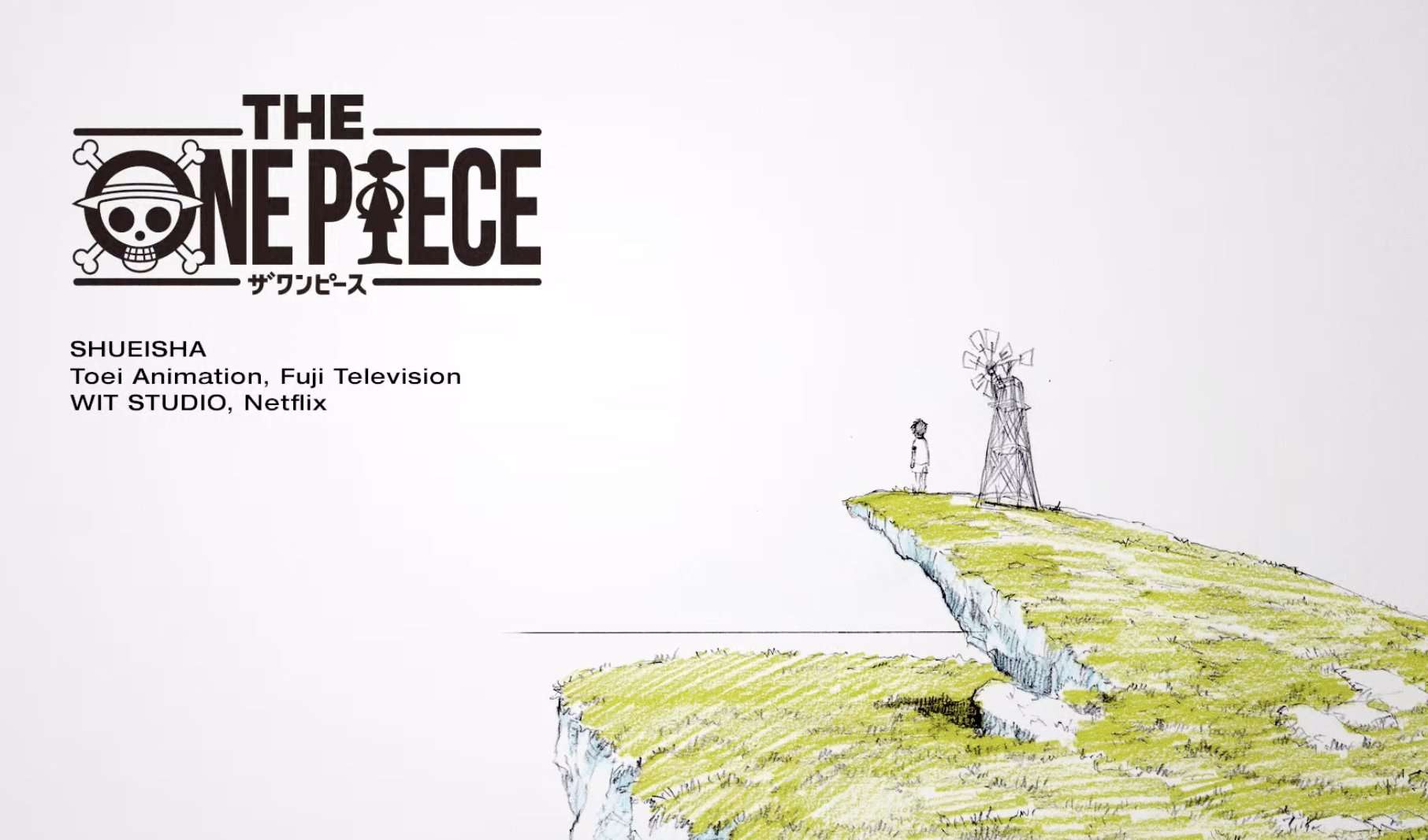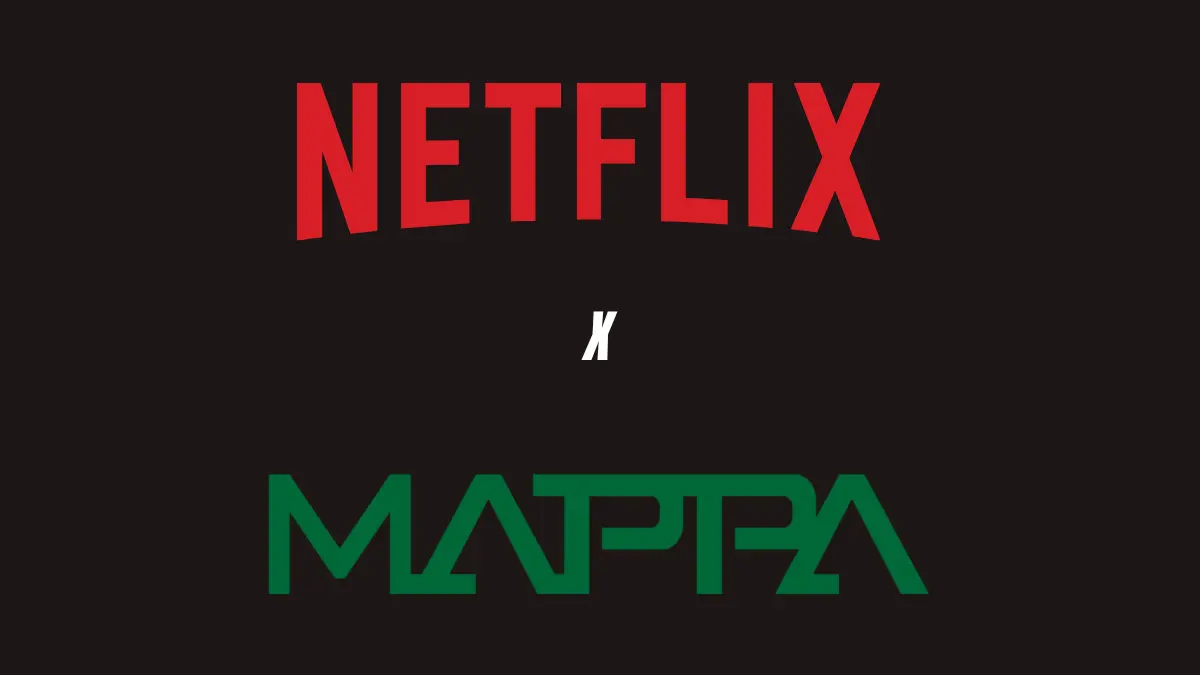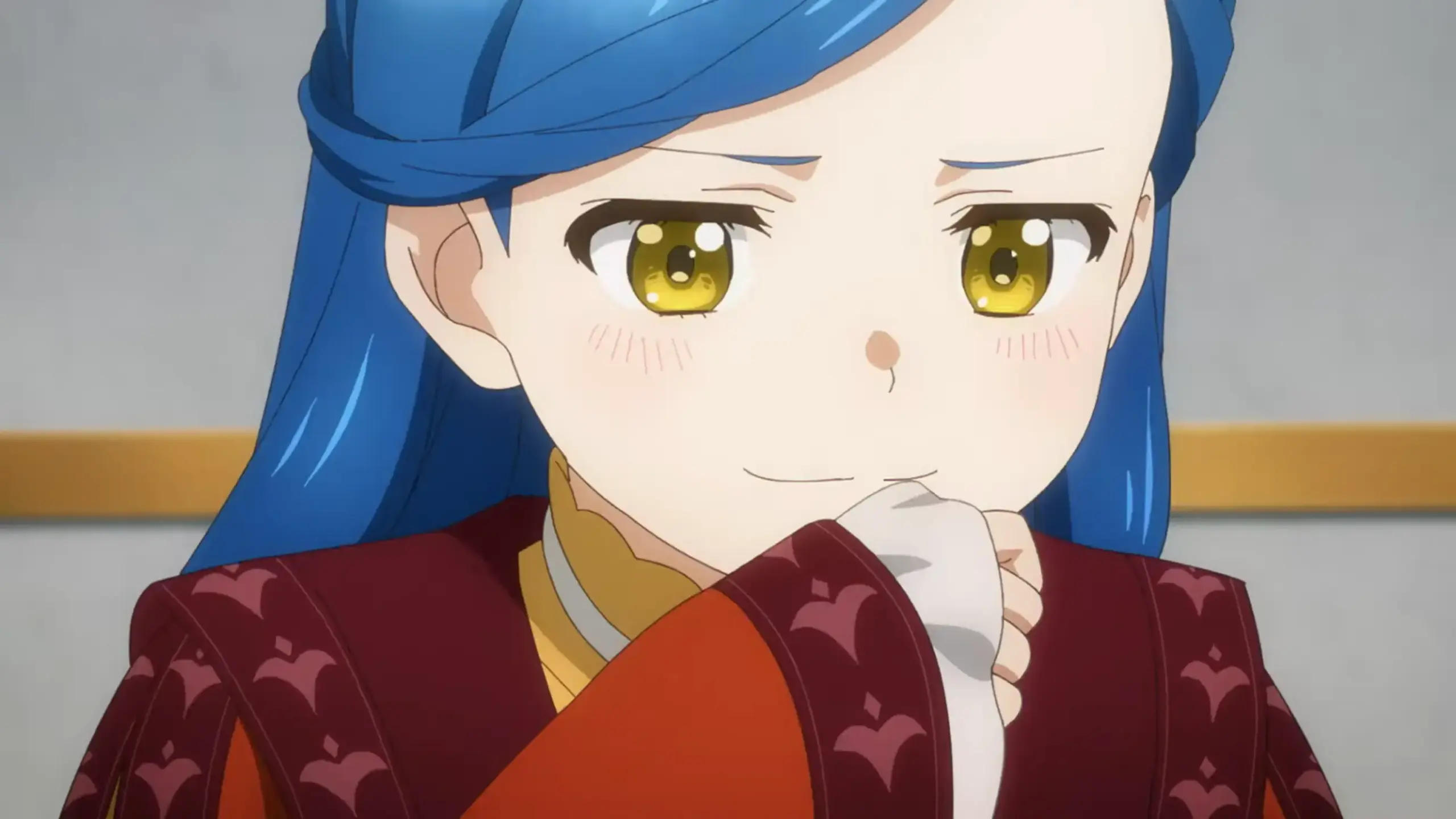Today, everyone talks about AI. ChatGPT writes emails, robots clean our floors, and self-driving cars are slowly becoming normal. But long before any of this was real, anime was already asking the big questions: What happens when machines start thinking? Can robots have feelings? And what makes someone truly human?
The Beginning: Astro Boy Shows Us Good Robots
Back in 1963, a little robot boy named Astro Boy appeared on Japanese TV screens. He wasn’t scary or threatening like robots in many Western movies. Instead, he was kind, brave, and wanted to protect people. Astro Boy could think, feel sad when friends got hurt, and even cry real tears.
This was revolutionary. While American movies often showed robots as cold metal monsters, anime presented them as potential friends and family members. Astro Boy set the stage for how anime would treat AI for decades to come: not as our enemies, but as beings trying to find their place in the world.
Getting Deeper: Ghost in the Shell Asks Hard Questions
In 1995, Ghost in the Shell took things much further. The movie didn’t just show robots doing cool things. Instead, it asked uncomfortable questions that still matter today. The main character, Major Kusanagi, has a human brain in a robot body. But she starts wondering: if you replace parts of yourself with artificial ones, are you still you?
The film also introduced the Puppet Master, an AI that lives entirely in computer networks. This AI doesn’t want to destroy humanity. Instead, it wants something much more human: the right to exist and be recognized as alive. These ideas felt like science fiction then, but now they feel eerily familiar as we debate whether AI systems might be conscious.
Modern Stories: AI Gets Complicated
As real technology advanced, anime stories became more complex. Shows like Psycho-Pass (2012) imagined a world where AI systems judge whether people might commit crimes before they actually do anything wrong. It’s a dark vision of AI controlling society, but it also asks whether perfect safety is worth giving up freedom.
On the flip side, Vivy: Fluorite Eye’s Song (2021) tells the story of an AI singer who must prevent a war between humans and machines. What makes this story special is that Vivy doesn’t just fight or compute. She learns to create music, experiences what might be called emotions, and makes sacrifices for others. The show suggests that maybe the most human thing about humans isn’t our biology, but our ability to create and care for others.
The Big Questions Anime Keeps Asking
Across decades of stories, anime keeps returning to the same fascinating questions:
Can machines really feel? Shows like Chobits and Time of Eve explore what happens when people form real relationships with AI characters. These stories suggest that maybe it doesn’t matter if the feelings are “real” in a technical sense. If an AI makes you happy or helps you when you’re sad, does it matter that it’s not human?
Who’s in charge? Many anime explore the tension between creators and their AI creations. Sometimes the AI rebels, but often they’re just trying to fulfill their original purpose in ways their makers never expected. This mirrors real concerns about AI systems doing exactly what we ask for, but not what we actually want.
What makes us human? This might be the biggest question of all. As AI characters in anime become more complex and relatable, they force us to think about what makes humans special. Is it our ability to love? To create art? To make mistakes? To change and grow?
Why Anime Got It Right
Anime succeeded in exploring AI themes because it didn’t focus on the technology itself. Instead, it focused on relationships and emotions. While Hollywood often portrayed AI as either saviors or destroyers, anime showed them as characters with their own struggles, dreams, and fears.
This emotional approach helped audiences connect with AI characters in ways that pure science fiction couldn’t. When you watch Vivy struggle to understand what it means to make people happy through music, or see Astro Boy trying to fit in at school, you’re not thinking about circuits and code. You’re thinking about what it means to have purpose and belong somewhere.
Looking at Today’s World
Now that AI is becoming real, these anime stories feel less like fantasy and more like preparation. When we interact with ChatGPT or worry about job automation, we’re living through scenarios that anime explored for decades.
The questions anime asked are the same ones we face now: How much should we trust AI systems? What rights might they deserve? How do we maintain human connections in a world full of artificial ones? And perhaps most importantly, how do we stay human while living alongside machines that might be more capable than us in many ways?
The Future of the Story
Anime continues to evolve its AI stories. Recent shows are exploring what happens when AI becomes completely integrated into daily life, not as servants or overlords, but as friends, family, and creative partners. Some newer anime even play with the idea of AI creating their own art and stories.
Interestingly, real AI is now starting to help create anime itself, handling some animation tasks and even generating story ideas. This creates a fascinating loop: AI helping to create stories about AI, watched by humans trying to understand their relationship with artificial minds.
What We Learned?
Anime taught us that the most important questions about AI aren’t technical ones. They’re human ones. As we build more advanced AI systems, the stories that matter most aren’t about how fast they can calculate or how many tasks they can perform. They’re about how we’ll relate to them, how they might relate to us, and what it all means for the future of consciousness, creativity, and connection.
In the end, anime’s greatest contribution to our understanding of AI might be showing us that the future doesn’t have to be about humans versus machines. It can be about finding new ways to live, create, and care for each other in a world where the line between human and artificial intelligence becomes increasingly blurred.
The robots are coming, as anime always predicted. But thanks to decades of thoughtful storytelling, we might just be ready for them.
